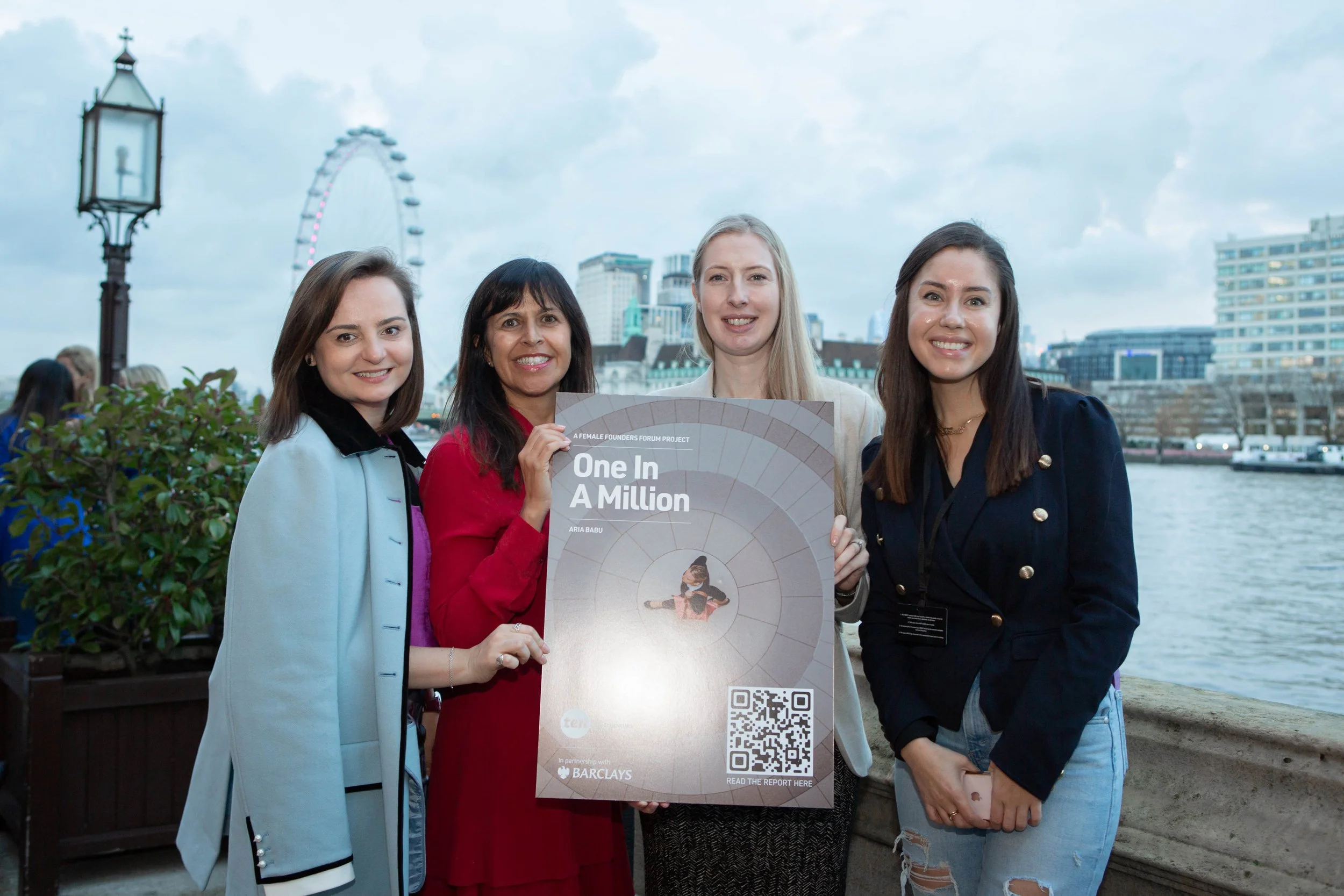I want to do my part as chair of the Business Innovation and Skills (BIS) Select Committee to encourage you, as entrepreneurs, to voice concerns into government when I’m interrogating the Secretary of State. I want to understand what concerns you have about barriers to your business.
I have a number of key priorities that I want the Select Committee to look at. I don’t want to be partisan. I don’t want to make this about petty party politics as I think you would get bored very quickly, and we would lose reputational value. By 2020 I want to make sure Britain is a more competitive, more productive and more innovative economy – with a greater number of companies starting and scaling up, and with a workforce that has the skills excel in business.
I want to talk to you briefly about some key areas we are looking at.
Skills
I would be interested to know about the problems you’ve had in growing your business. Can you attract the talent you need for your businesses to grow? I’m keen to promote entrepreneurial skills as much as possible. What do we need to do in order to make sure that we have more entrepreneurs in this country? Are entrepreneurs born or made? Can the system – whether it’s the education system, the fiscal system, or whatever – encourage entrepreneurialism in this country?
Entrepreneurs have a certain mindset, but I want the whole workforce to be entrepreneurial in its outlook. You don’t have to be the next Steve Jobs to be enterprising. But does the education system lend itself to having a workforce that’s enterprising? You aren’t going to get people fully formed, and perhaps one of your jobs as entrepreneurs is in adding value and helping your staff make the transition from school, college and university into work-ready people. But what do we need to do to make sure there is a close coordination between what the education system is doing and what the requirements of new and traditional businesses are? I was an education minister for the last 11 months of the Labour government. I didn’t have enough time to do what I wanted, but I was there long enough to observe that government departments operate too much in silos – there is no coordination between BIS and the Department for Education. Now I’ve got this opportunity as chair of the BIS Select Committee, we are pulling together the BIS and the Education Select Committee to produce a coordinated response and ensure there is a real match between the education system, the requirements of business and the skills system.
Digital
What does the digital economy look like? We are seeing a digital revolution – the likes of which we haven’t seen since the Industrial Revolution. I’m excited by disruption and the opportunities that technological innovation can bring, so how do we encourage that? How do we make sure there’s a regulatory environment that’s technologically neutral, but that encourages new entrants who disrupt the traditional market? I’m interested in how traditional sectors adapt? How will they use digital as a means of driving forward productivity and innovation?
Construction is a good example of this. Are British construction companies using Business Information Modelling (BIM) in order to make sure that design, build and whole life costs are analysed properly? Are they taking out inefficiencies and costs through their supply chain in order to make them leaner through digital processes?
Exports
The Secretary of State has said that this is one of his key priorities. He has a target to produce a trillion pounds worth of exports by 2020. While I would like him to achieve it, he is going to miss it hopelessly. But it’s very important that we are outward looking, and that entrepreneurs go out into the world and create wealth for Britain. So what do we need to do? Are UKTI doing enough? Are they responsive enough to new businesses? How do they identify market opportunities? And to what extent do you want the likes of UKTI – and private sector organisations like PwC and not-for-profits like The Entrepreneurs Network – to help you through the process?
Scale Ups
It’s relatively easy to set up a business in Britain, but it’s really difficult to scale up to be a large business, employing large numbers of people, exporting around the world and creating huge amounts of wealth for this country. How do we do that? What are the barriers? Is it cultural? Do we sell out too early? Do we discourage scaling up through the tax system? Why does Silicon Valley produce the Googles and Facebooks of the world? Is it just in Britain where we say I don’t want to be the next Google, I want to sell out to Google? I don’t think that’s appropriate and I think we need to do something about it. It’s an enormous challenge for this country and we will be carrying out an enquiry and producing a report into this issue.
Finance
What’s shocked me since becoming BIS Select Committee chair is that access to finance remains such a big issue. People are increasingly telling me that access to growth capital is really difficult to find. Banks are doing a lot and there is always going to be a place for loan finance, but what needs to happen in terms of venture capital, private equity and non-bank finance? Are we doing enough? Is the ecosystem in this country good enough to make sure that we can scale up and produce these high growth small companies? I recently spoke at an Octopus Investments event and I would really encourage you to look at their report on High Growth Small Businesses, which shows that one of the major challenges is access to finance, particularly around the regions.
The Northern Powerhouse
As an MP representing the northern constituency of Hartlepool, I’m concerned that economic activity is still far too concentrated in London and the South East, and if you’re ambitious, talented and entrepreneurial you might think the only way to succeed is by going to London. It wasn’t like that in the past. Look at the great cities in the North. They’re absolutely fantastic. Leeds is one of them, but we’ve also got Manchester, Newcastle and many more. All of these places were powering economic activity – not just in Britain, but around the world.
I’m interested in your thoughts on what we need to do to make the Northern Powerhouse a reality. What do we need to be doing to make sure the creation of wealth and jobs is across the country? I worry that George Osborne’s Northern Powerhouse is just shorthand for Manchester or the M62 growth corridor. What about the North East? What about other parts of North? What do we need to ensure these great cities of the Industrial Revolution drive forward innovate in the digital age?
Iain Wright MP is chair of Business Innovation and Skills (BIS) Select Committee. This article is a transcript of his speech at the PwC/The Entrepreneurs Network Regional Voices event in Leeds, Yorkshire.

























